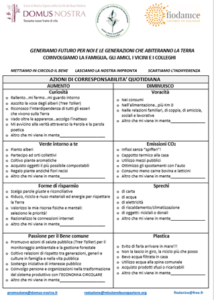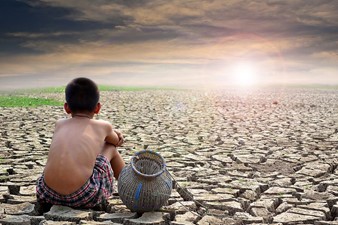
The lives of a billion children at high risk due to the climate crisis
It is children who are paying the brunt of the climate crisis, and the scenario is already unfolding. The Unicef report reveals alarming numbers. This is how Unicef’s director general expressed it when presenting the data of the Intergovernmental Panel on Climate Change (IPCC) – the UN climate change body – and called on the “international community to put children, adolescents and future generations at the centre of urgent climate action to ensure a liveable future for all.“
(Source: domani.it.quotidiano)
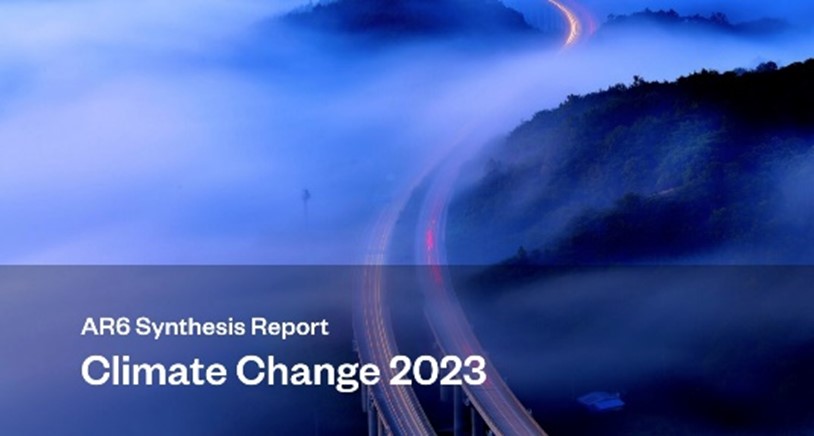
Image: https:ipccitalia.cmcc.it
According to the team of scientists who compiled the IPCC Report, there are several options that can reduce polluting emissions and that can (and must) be implemented now. Acting now and now can ensure a liveable future for all, or else a collapse.
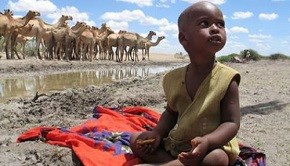
Photo: www.hasud.net
In fact, the Sixth Assessment Report, presented on 25 March, confirms that global warming and fossil fuels have made the Planet an unlivable place for many, especially for those countries that pollute only a small percentage, but have high levels of drought and periodic flooding.
But the latest data show that the alarming conditions could soon affect everyone, no one excluded. The Secretary of the United Nations, António Guterres, clearly expressed the current situation during the presentation of the report, describing humanity as hovering over a layer of ice that is melting at incredible speed. Secretary Guterres reiterates how man is the main culprit of global warming over the past 200 years. The Report, in this sense, should be understood as a ‘Survival Guide for Humanity’.
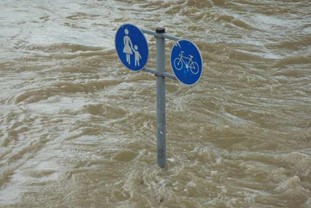
Photo: www.aics.gov.it/
THE CLIMATE CRISIS IS ALSO ABOUT CHILDREN’S RIGHTS:
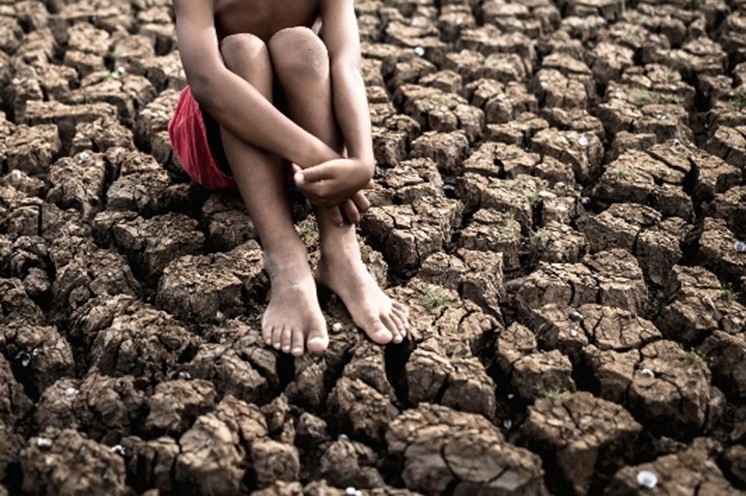
Photo: www.themapreport.com/2023
Toxic air – caused in large part by carbon emissions and other greenhouse gases – has serious consequences for young children, contributing to the deaths of about 600,000 children under the age of five each year from pneumonia and other respiratory problems. (Source: https://www.teleambiente.it/clima_unicef_bambini_zone_rischio/)
WHAT CAN WE DO IN OUR DAILY LIVES?
As the ICPP 2023 Report states, we can start with concrete everyday actions: “Low-carbon electrification, walking and cycling, and public transport improve air quality, health and job opportunities, and ensure equity. The economic benefits to people’s health from improved air quality alone would roughly equal, or perhaps even exceed, the costs of reducing or avoiding emissions”.
IT IS IMPOSSIBLE TO CONTINUE PROCRASTINATING
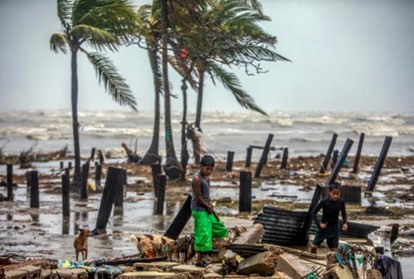
FROM OUR SIDE WE CONTINUE TO PROMOTE OUR LIST
OF DAILY CO-RESPONSIBILITY ACTIONS

